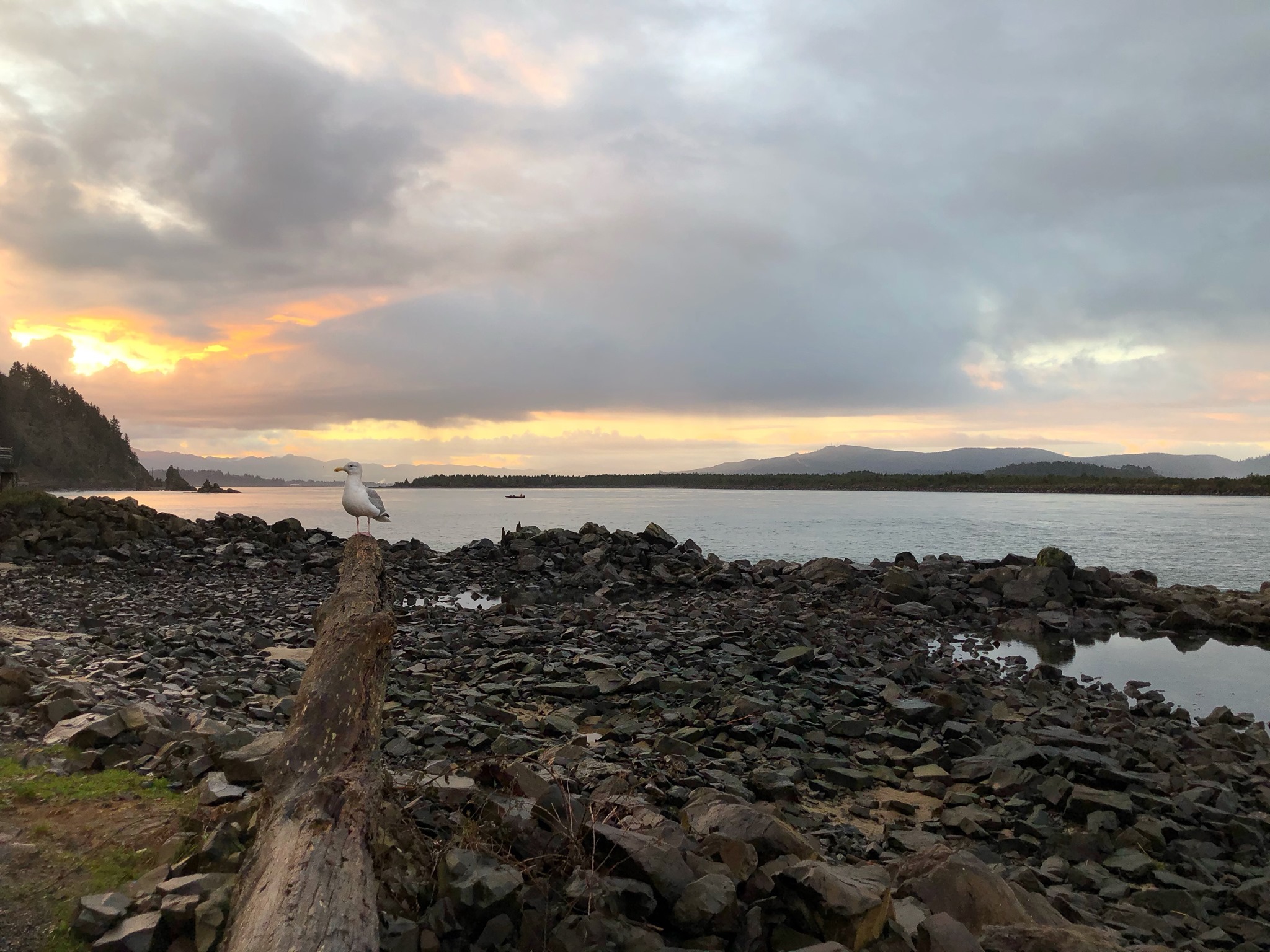Army Corps of Engineers funding would boost local economies, improve public safety
Washington, D.C. – Oregon’s Senators Jeff Merkley and Ron Wyden, along with Representatives Peter DeFazio (D-OR-4), Earl Blumenauer (D-OR-3), Kurt Schrader (D-OR-5), and Suzanne Bonamici (D-OR-1), are pushing the U.S. Office of Management and Budget to provide the U.S. Army Corps of Engineers (Corps) with annual funding for maritime infrastructure maintenance crucial to public safety and the vitality of economies up and down the Oregon Coast and throughout the Columbia River system.
“Oregon’s 23 public ports are a key component in sustaining Oregon’s economy and quality of life, including in our state’s most rural areas. Oregon’s ports support tens of thousands of family-wage jobs that are directly or indirectly tied to cargo movement, as well as recreation, industrial, commercial, and other activities that contribute billions of dollars in wages to Oregon’s economy,” the lawmakers wrote. “In addition, Oregon ports support the activities of Federal agencies such as the National Oceanic and Atmospheric Administration (NOAA) and the U.S. Coast Guard. None of this would be possible without adequate funding to maintain jetty infrastructure and conduct dredging operations. This funding is especially important in light of the economic and health care crisis caused by the COVID-19 pandemic. Many of America’s ports are struggling, and this pain is only made worse when money is not provided for dredging and jetty maintenance.
“This funding is needed on an annual basis. Oregon’s ports are heavily impacted by severe Pacific storm fronts and strong fluvial runoff that inundate federal navigation channels with sediment and damage jetty infrastructure every year. When federal navigation channels are not dredged by the Corps, Oregon’s ports cannot fulfill their economic development mission, and the communities in which they are located suffer. Similarly, jetties up and down the coast lose critical length every year, which undermines the jetties’ primary function, protecting navigation channels. The deterioration of these jetties also puts billions of dollars of current and future federal and non-federal investments at risk and threatens tens of thousands of jobs,” the lawmakers continued.
In light of the impacts of poorly maintained jetties, the lawmakers fought to unlock billions of dollars in harbor maintenance tax revenue to combat jetty deterioration through the Water Resources Development Act (WRDA) of 2020. To continue the mission, the lawmakers requested that President Biden’s budget for the 2022 fiscal year include adequate funding for Corps navigation projects along the Oregon Coast and Columbia River system, and that the Office of Management and Budget maximize the Corps’ capability for Oregon projects.
Here is the text of letter:
Dear Acting Director Fairweather:
As you develop President Biden’s first budget request to Congress, we encourage you to include adequate funding for U.S. Army Corps of Engineers (Corps) navigation projects along the Oregon Coast and within the Columbia River system. This funding will ensure the maintenance of essential navigation and maritime infrastructure that supports economic activity and preserves life and safety in our state.
Oregon’s 23 public ports are a key component in sustaining Oregon’s economy and quality of life, including in our State’s most rural areas. Oregon’s ports support tens of thousands of family-wage jobs that are directly or indirectly tied to cargo movement, as well as recreation, industrial, commercial, and other activities that contribute billions of dollars in wages to Oregon’s economy. In addition, Oregon ports support the activities of Federal agencies such as the National Oceanic and Atmospheric Administration (NOAA) and the U.S. Coast Guard. None of this would be possible without adequate funding to maintain jetty infrastructure and conduct dredging operations. This funding is especially important in light of the economic and health care crisis caused by the COVID-19 pandemic. Many of America’s ports are struggling, and this pain is only made worse when money is not provided for dredging and jetty maintenance.
This funding is needed on an annual basis. Oregon’s ports are heavily impacted by severe Pacific storm fronts and strong fluvial runoff that inundate federal navigation channels with sediment and damage jetty infrastructure every year. When federal navigation channels are not dredged by the Corps, Oregon’s ports cannot fulfill their economic development mission, and the communities in which they are located suffer. Similarly, jetties up and down the coast lose critical length every year, which undermines the jetties’ primary function, protecting navigation channels. The deterioration of these jetties also puts billions of dollars of current and future federal and non-federal investments at risk and threatens tens of thousands of jobs.
While Oregon’s coastal and river economy is directly tied to funding for dredging and jetty maintenance, we can’t lose sight of the fact that this is also a public safety issue. Sediment build-up in the federal channels and the continuing deterioration of jetties create very dangerous situations for mariners. We have seen firsthand how a lack of funding for these projects not only puts mariners in harm’s way, but also impedes the U.S. Coast Guard’s ability to carry out search and rescue missions. It is not hyperbole to say this is a life and death issue. While recent Corps work plans have included critical funding for jetty projects in Oregon, additional money is needed to ensure these important projects can be completed.
Fortunately, the Water Resources Development Act (WRDA) of 2020, which we worked very hard to get through Congress and have signed into law, unlocks billions of dollars in harbor maintenance tax (HMT) revenue that can be used for these purposes. With that in mind, we hope the President’s FY22 budget request will include adequate funding for Corps navigation projects along the Oregon Coast and within the Columbia River system, and that OMB will maximize the Corps’ capability for Oregon projects.


